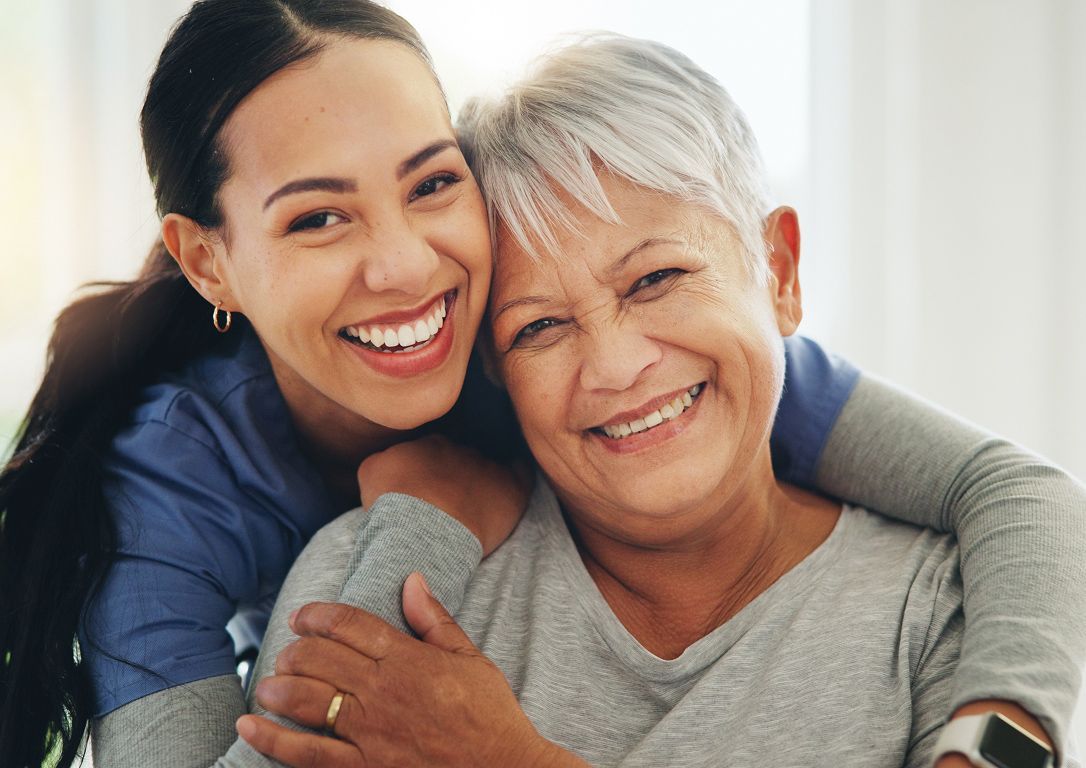September is Falls Prevention Awareness Month
September is Falls Prevention Awareness Month
September is Falls Prevention Awareness Month, which is an opportunity to assess your risk of falling and to take proactive steps to keep yourself safe. Falls are a leading cause of hip fractures and brain injuries in elder adults and they are easy to avoid.
According to the Centers for Disease Control, approximately 3 million elder people are treated in emergency departments for fall injuries every year, and about 20 percent of falls result in serious injuries, such as broken bones or a head injury. This year September 23rd is the first day of the fall season and is also National Fall Prevention Awareness Day.
Physical activity is one of the most important ways to lower your chances of falling. It keeps you strong and has many mental health benefits. Exercises that improve balance and coordination are most helpful. Being physically inactive leads to weakness and increases your chances of falling.
Here are a few tips to keep you steady on your feet:
Check Your Medication
Talk to your doctor about reducing medication that causes dizziness or disorientation. In one study, the Centers for Disease Control found that more than half of all older adults used at least one medication whose side effects were linked to falls. Those tend to be medications for anxiety and depression.
Check Your Eyesight
Get your eyes checked if you aren’t seeing as well as you once did. If you need only the cheap nonprescription magnifiers sold in pharmacies, don’t wear them around the house. They can cause you to misjudge distances and fail to see obstacles.
Let Go of Expectations
Getting older doesn’t mean you’re more likely to fall. But carrying around the expectation that you will, may lead to more falls. Pay attention to your surroundings – and don’t carry more than you should. For example, make extra trips to the car to get groceries instead of trying to bring them in at once. Don’t walk to the basement while you’re talking on your phone.
Use an Assistive Device
Use a cane or walker you aren’t fully confident in your steadiness. They are cheap and will keep you out of the hospital.
Remove Obstacles
Look around your living space to find tripping hazards. Making simple changes go a long way:
- Remove or tape down throw rugs.
- Coil or tape cords and wires to the wall in high-traffic areas.
- Use non-slip or self-stick mats on the shower or tub floor.
- Use bright lightbulbs.
- Place nightlights along the path you walk at night and in the bathroom; if you don’t have electrical outlets, use battery-operated ones.
- Place your reading lamp close the bed so you don’t have to reach far
- Install grab bars for support in or near the tub, shower and toilet.
- Secure handrails or banisters that are loose.
Practice Balance
Older adults should do balance exercises three or more times a week. They can be done while standing at the sink, waiting in line, or brushing your teeth. No equipment is necessary:
- Stand on one foot for as long as possible or try holding it for 10 second on each side. Use a wall or chair for extra support, if necessary, holding on with both hands and then one hand and then one finger and then no hands. Do this exercise while working in the kitchen, waiting in line or brushing your teeth.
- Walk heel to toe for 20 steps. Steady yourself with a wall if you need a little extra support.
- Walk normally in as straight a line as you can.
Build Strength and Flexibility
The American Heart Association also recommends yoga and tai chi to help with balance and flexibility. Neither requires expensive classes or equipment. A DVD or online class can get you started.
Fall prevention is a team effort and should involve your loved ones. You know them, you trust them, and they are happy to help, especially when it comes to your safety. Family and friends can provide extra hands or another set of eyes to check and rid your home of fall hazards.
So, the next time they come over to visit or help around the house, ask them to take a little extra time helping you find common fall hazards. Family and friends can also join you during doctor visits and help ask questions and gather information about preventing falls.
Stay safe and reduce fall risks with the help of our comprehensive senior care packages.
While the information provided in this blog is intended to be informative and helpful, it's important to consult with a qualified professional for personalized advice. If you have any concerns or questions about your health or specific medical conditions, don't hesitate to reach out to your physician or another trusted healthcare provider. Your health is important, and seeking professional guidance ensures you receive the best care tailored to your individual needs.














